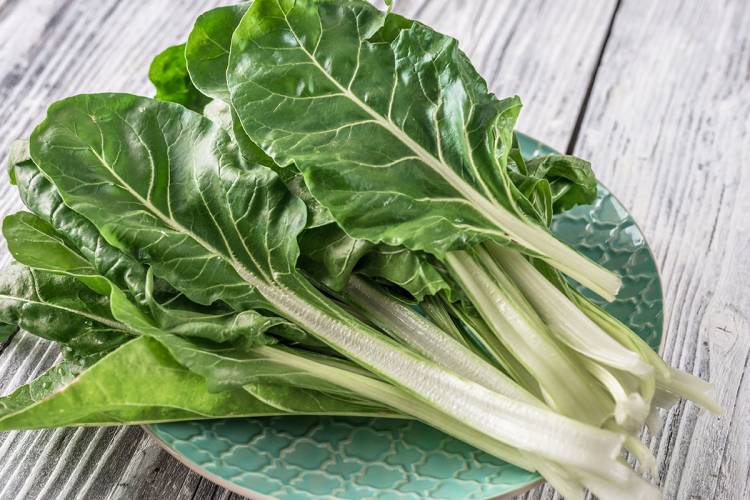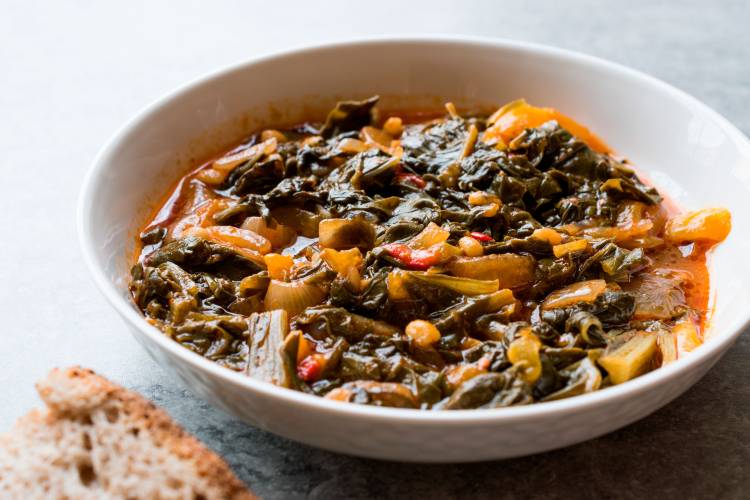Properties of Chard: Health Benefits
Do you know the properties of chard? This succulent vegetable contains a multitude of vitamins and nutrients. Add it to your dishes and improve your diet!
fresh food
Share

Characterised by its large bright green or reddish leaves with highly visible veins, chard is one of the healthiest and most popular ingredients in the Mediterranean diet. The properties of chard are so many and varied that they have become a product that is usually included in any healthy diet. It is recommended, in particular, for losing or maintaining weight as it is low in calories (less than 20 kilocalories per 100 grams).
The somewhat bitter taste of this peculiar vegetable is said by some to be vaguely reminiscent of earth. On the other hand, it is eaten very similarly to spinach. It can be eaten raw, using the tender leaves for salads or pestos, and also cooked (usually boiled) in different and tasty recipes.
The benefits of chard see it cultivated all over the world, although in our country production is particularly high in Cádiz, Navarra and Alicante. Without further delay, let's take a closer look at how chard has properties and benefits that are worth taking into account.
Properties and Benefits of Chard
Chard, as we have mentioned, is a vegetable with a very low calorie content, yet an incredibly high nutritional value. Among chard's vitamins we find vitamin A, some of the B group, such as B1, B3, B5, B6 and B9, vitamin C, vitamin E and K. In addition, this vegetable is rich in minerals such as calcium, sodium and potassium, and it has a high iron content. Its also provides fatty acids such as omega-3, flavonoids and beta-carotene.
It is clear then that chard has very interesting properties and benefits. Indeed, chard strengthens the immune system, takes care of the nervous system and muscle health, promotes intestinal transit, fights anaemia, strengthens bones, tissues and teeth and, ultimately, also helps control cholesterol. Not to be sniffed at.
And if you are interested in knowing about the properties of red chard, one of the variants of chard that we commonly find for sale, it won't surprise you to know that they are very close to those listed above. This variety is particularly high in vitamin K, important for the regulation of blood clotting, as well as vitamin A, necessary to maintain good visual health. Its high potassium, calcium and magnesium content also means that red chard has antihypertensive properties.

Some ideas for recipes with chard
Chard Extremadura-style, sautéed chard, lentils with chard, rice with chard… There are many ways to incorporate chard into our weekly menu. It is important to know however that while chard has many good properties, it also has various contraindications. Like everything else, always consume it in moderation. People with kidney stones need to be especially cautious because of chard's high oxalate content. Excessive consumption of chard could also cause gastrointestinal problems, such as diarrhoea, due to its high fibre content.






